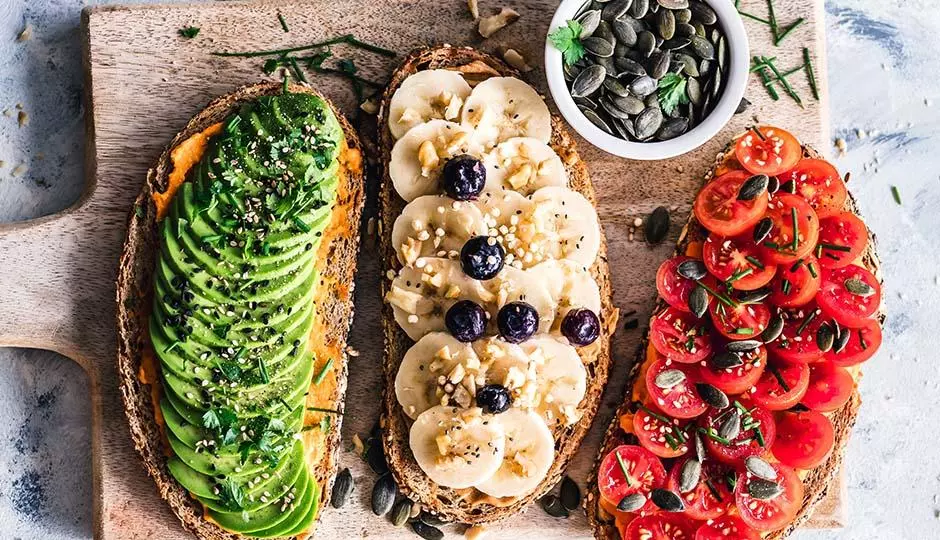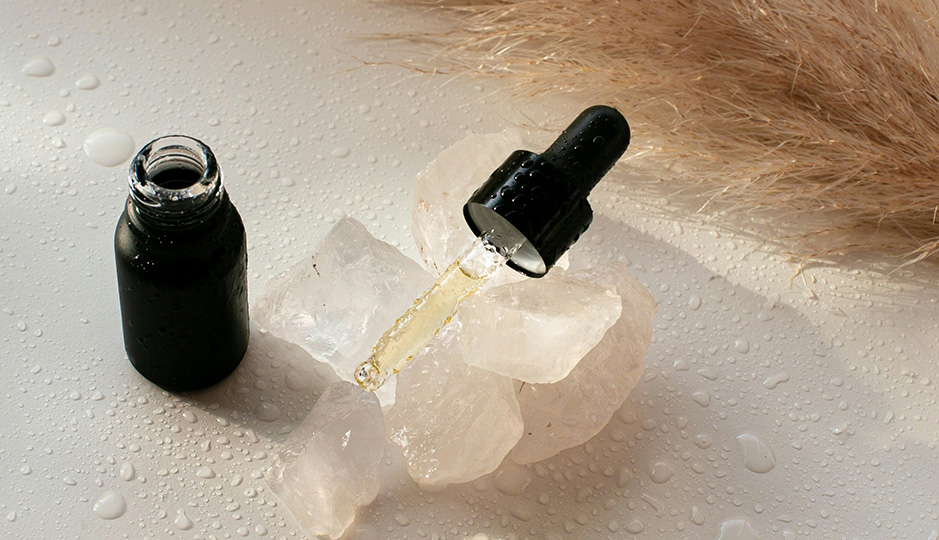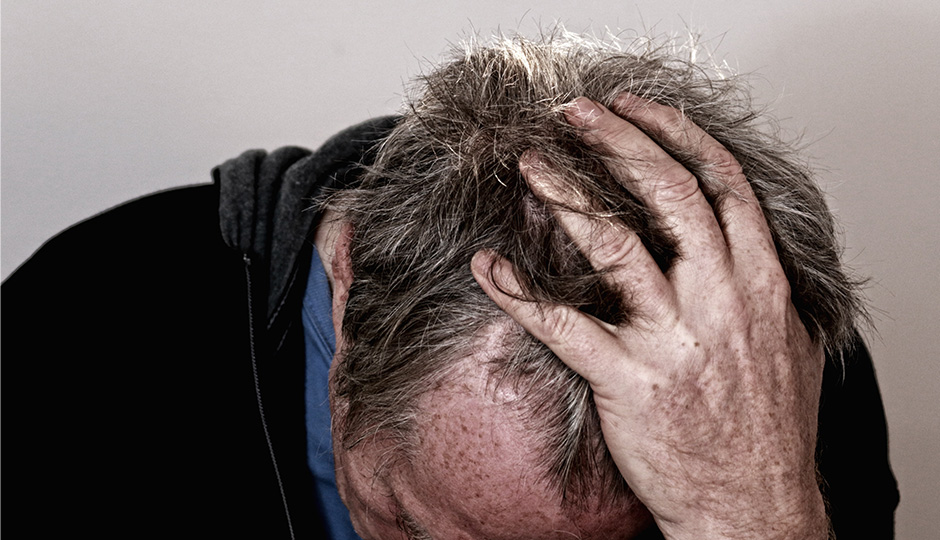If you are considering going vegan, chances are good that you are researching the potential negative side effects. There's no doubt you have run across claims that veganism is linked to hair loss. But does the adoption of a vegan lifestyle lead to hair loss? Let's explore whether veganism is linked to hair loss and what you can do to live a vegan lifestyle and maintain your full head of hair.
What Does It Mean to Live a Vegan Lifestyle?
Living a vegan lifestyle means that you abstain from consuming or using any products that are made with animal or animal by-products such as hide, oils, fat, etc. This means that vegans' diets mostly consist of plant-based foods including vegetables, fruits, legumes, nuts, and seeds.
Does Veganism Cause Hair Loss?
No, veganism in itself does not directly cause hair loss. The issue is that when individuals go vegan, there is a drastic change in diet. If not carefully monitored, a vegan's diet can become deficient in nutrients essential for hair growth. These are nutrients that were previously obtained from foods derived from animal proteins that are no longer being consumed. There are four main culprits when vegans experience hair loss:
- Rapid weight loss
- Thyroid issues
- Iron deficiency
- Zinc deficiency
Rapid Weight Loss
When you go vegan, it is likely that you will experience a large amount of weight loss in a short amount of time. This is due to cutting out most of the fat in your diet that is a result of ceasing to consume animal products. Quick weight-loss puts a tremendous amount of stress on the body which accelerates the hair growth process and leads to strands of hair falling out prematurely. This is typically a temporary condition and normal hair growth resumes once the body's stress level lowers.
Thyroid Issues
Vegans tend to increase their intake of soy. An increase in soy can have an effect on your thyroid gland. This is especially true if iodine levels in the body are insufficient or you are predisposed to thyroid problems. Ensuring you consume enough iodine should be enough to prevent hair loss when going vegan. Another great option is to limit your soy consumption.
Iron Deficiency
If your body doesn't have enough iron in its system, it is unable to produce the hemoglobin in your blood. Hemoglobin is responsible for carrying oxygen to the cells in your body for growth and repair. This includes the cells that are responsible for normal hair growth. Hair loss due to an iron deficiency can easily be reversed by ensuring that you consume adequate amounts of iron in your diet.
Zinc Deficiency
The mineral zinc plays a crucial role in hair growth and repair as well as keeps the oil glands around the hair follicles in optimal working order. Animal proteins are a particularly good source of zinc, so it comes as no surprise that many vegans commonly experience a zinc deficiency in their diet when they cut out animal products. Consuming vegan foods that are rich in zinc or taking zinc fortified supplements are a great way to correct the deficiency and resume normal hair growth.
When Hair Loss is Due to More Than Just Your Diet?
Most cases of vegans experiencing hair loss are due to diet and easily reversible by ensuring that you are consuming adequate amounts of essential nutrients. However, there are instances in which there is more at play. If you suspect this is the case, there's no need to worry! Our specialists at LH Hair are experts hair loss and thinning. We offer a variety of hair loss treatments and restoration solutions to fit your needs! Contact us today for your FREE hair loss analysis!



